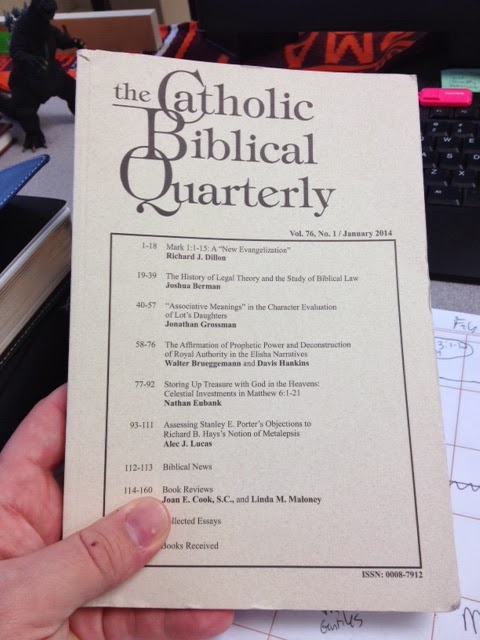"First, the world of the Bible presents us with a new image of God. In surrounding cultures, the image of God and of the gods ultimately remained unclear and contradictory. In the development of biblical faith, however, the content of the prayer fundamental to Israel, the
Shema, became increasingly clear and unequivocal: “Hear, O Israel, the Lord our God is one Lord” (
Dt 6:4). There is only one God, the Creator of heaven and earth, who is thus the God of all. Two facts are significant about this statement: all other gods are not God, and the universe in which we live has its source in God and was created by him. Certainly, the notion of creation is found elsewhere, yet only here does it become absolutely clear that it is not one god among many, but the one true God himself who is the source of all that exists; the whole world comes into existence by the power of his creative Word. Consequently, his creation is dear to him, for it was willed by him and “made” by him. The second important element now emerges: this God loves man. The divine power that Aristotle at the height of Greek philosophy sought to grasp through reflection, is indeed for every being an object of desire and of love —and as the object of love this divinity moves the world—but in itself it lacks nothing and does not love: it is solely the object of love. The one God in whom Israel believes, on the other hand, loves with a personal love. His love, moreover, is an elective love: among all the nations he chooses Israel and loves her—but he does so precisely with a view to healing the whole human race. God loves, and his love may certainly be called
eros, yet it is also totally
agape.
The Prophets, particularly Hosea and Ezekiel, described God's passion for his people using boldly erotic images. God's relationship with Israel is described using the metaphors of betrothal and marriage; idolatry is thus adultery and prostitution. Here we find a specific reference—as we have seen—to the fertility cults and their abuse of eros, but also a description of the relationship of fidelity between Israel and her God. The history of the love-relationship between God and Israel consists, at the deepest level, in the fact that he gives her the Torah, thereby opening Israel's eyes to man's true nature and showing her the path leading to true humanism. It consists in the fact that man, through a life of fidelity to the one God, comes to experience himself as loved by God, and discovers joy in truth and in righteousness—a joy in God which becomes his essential happiness: “Whom do I have in heaven but you? And there is nothing upon earth that I desire besides you ... for me it is good to be near God” (Ps 73 [72]:25, 28)." -Deus Caritas Est 9













